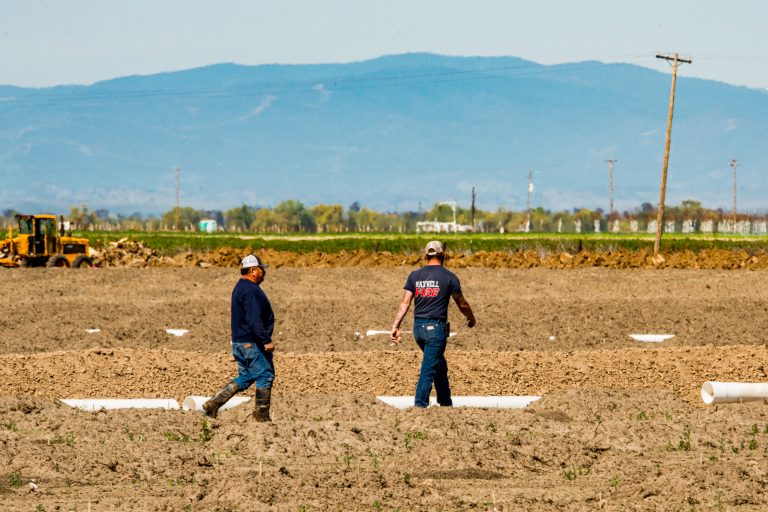Groundwater management is a critical aspect of environmental stewardship, and professionals in this field play a pivotal role in ensuring sustainable water resources. Discover the comprehensive insights and opportunities within the realm of groundwater management with a focus on career guidance, ensuring you navigate the depths of this field effectively. Explore further at Epp Well Solutions to enhance your understanding and make informed career decisions. In this comprehensive guide, we’ll delve into the intricacies of careers in groundwater management, exploring the diverse opportunities and essential skills required to thrive in this vital industry.
Understanding Groundwater Management
Groundwater 101: Unveiling the Hidden Resource
Groundwater, often overlooked, constitutes a significant portion of the Earth’s fresh water. It resides beneath the surface, filling aquifers and serving as a crucial source for drinking water, irrigation, and industrial processes. Efficient management of this hidden resource is essential for addressing global water challenges.
The Role of Groundwater Management Professionals
Groundwater management professionals are the unsung heroes working diligently to ensure the sustainable extraction and use of groundwater. From hydrogeologists assessing aquifer health to water resource engineers designing efficient extraction systems, these experts contribute to preserving this invaluable resource for future generations.
Exploring Career Opportunities
Hydrogeologist: Guardians of Aquifer Health
Hydrogeologists are the primary custodians of groundwater health. They conduct in-depth studies to understand aquifer characteristics, assess water quality, and recommend sustainable extraction practices. With a strong foundation in geology, hydrogeologists play a vital role in managing and protecting groundwater resources.
Water Resource Engineer: Designing Sustainable Solutions
Water resource engineers translate hydrogeological insights into practical solutions. They design extraction systems, implement groundwater recharge projects, and develop strategies for sustainable water usage. A combination of engineering expertise and environmental consciousness is crucial in this role.
Environmental Scientist: Balancing Ecology and Water Management
Environmental scientists bridge the gap between groundwater management and ecological conservation. They evaluate the impact of extraction on surrounding ecosystems, proposing measures to mitigate adverse effects. A holistic understanding of environmental science is imperative for success in this interdisciplinary field.
Essential Skills for Success
Technical Proficiency: Mastering the Tools of the Trade
Proficiency in specialized software for aquifer modeling, GIS mapping, and data analysis is non-negotiable. Groundwater management professionals must stay abreast of technological advancements to enhance their effectiveness in resource assessment and conservation.
Effective Communication: Bridging the Gap
Clear communication is paramount in groundwater management, especially when conveying complex findings to stakeholders or collaborating with interdisciplinary teams. Professionals need to translate technical jargon into accessible language for policymakers, communities, and other stakeholders.
Adaptability: Navigating Dynamic Environments
Groundwater management is subject to ever-changing environmental conditions and regulatory landscapes. Professionals must be adaptable, continuously updating their strategies to align with evolving scientific insights and governmental policies.
Challenges and Innovations in Groundwater Management
Depleting Aquifers: A Looming Crisis
Depleting aquifers pose a significant challenge to groundwater management. The over-extraction of groundwater in many regions demands innovative solutions, such as artificial recharge and demand management strategies, to ensure sustainable usage.
Technological Innovations: Shaping the Future
Advancements in sensor technologies, machine learning, and remote sensing are transforming groundwater management. Real-time monitoring and predictive modeling enable more precise resource assessment, empowering professionals to make informed decisions for conservation.
Conclusion
Careers in groundwater management are intellectually rewarding and socially impactful. Whether you’re passionate about geology, engineering, or environmental science, the diverse opportunities in this field allow professionals to contribute meaningfully to the preservation of our planet’s hidden water resources.
For those aspiring to navigate the depths of groundwater management, acquiring the right skills and staying abreast of industry innovations is paramount. By embracing the challenges and embracing innovation, groundwater management professionals can truly make a difference in ensuring a sustainable water future.

